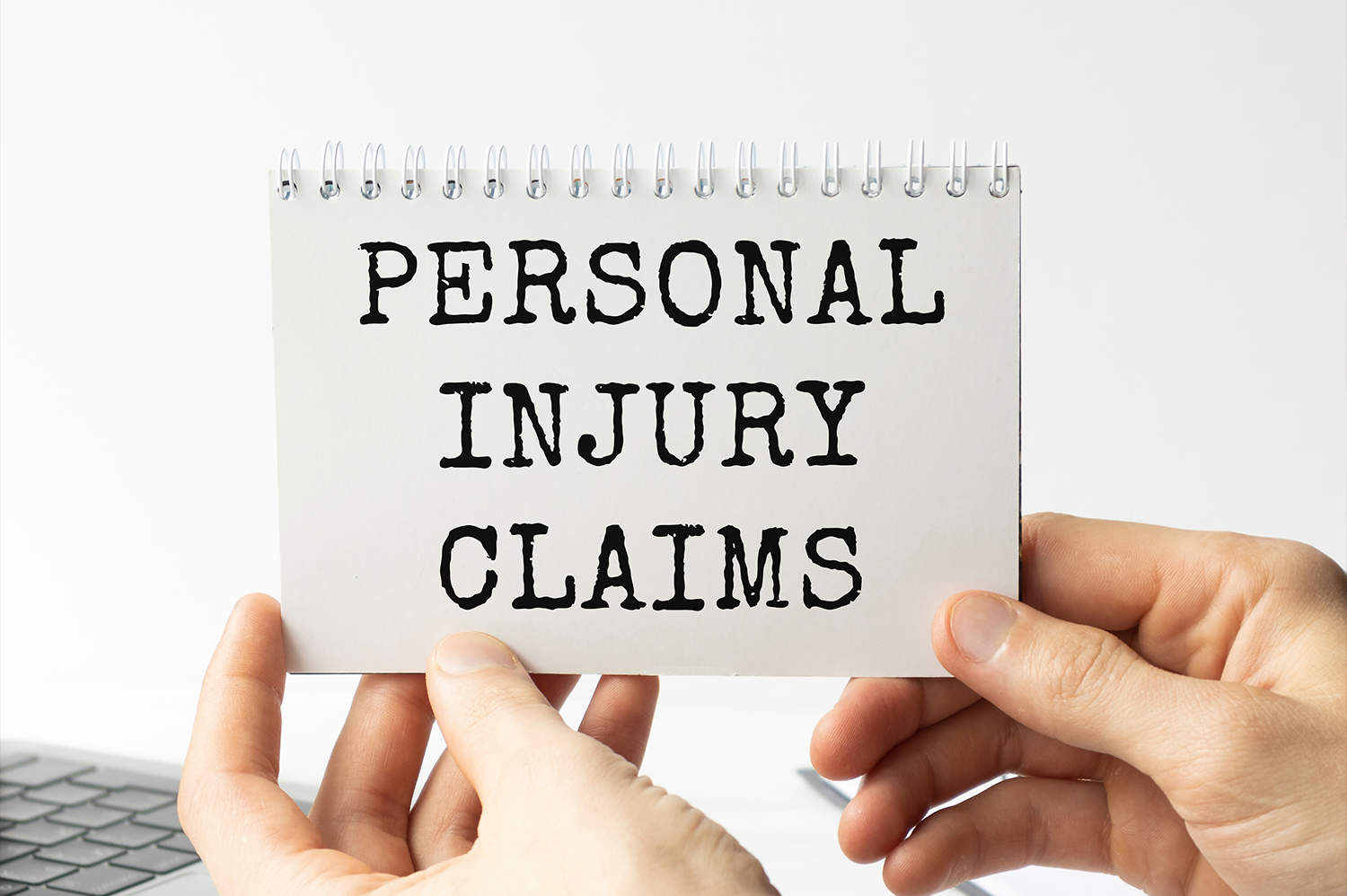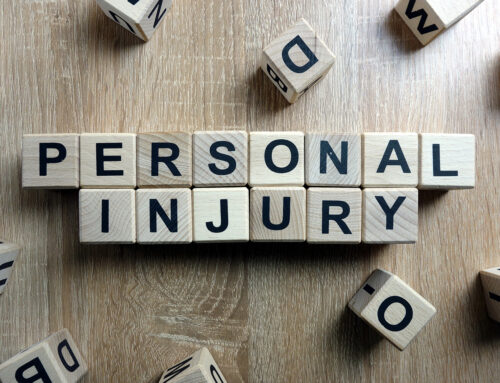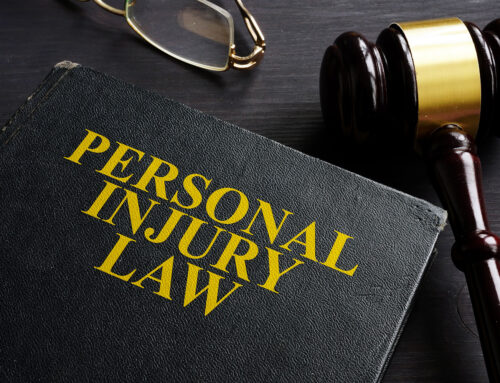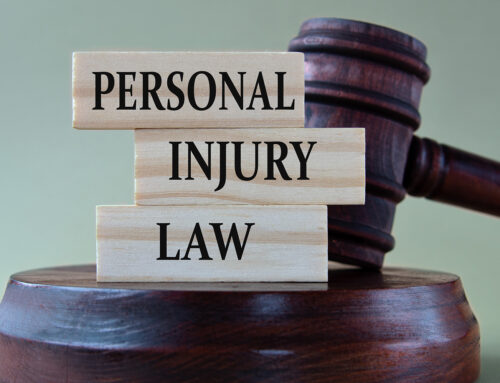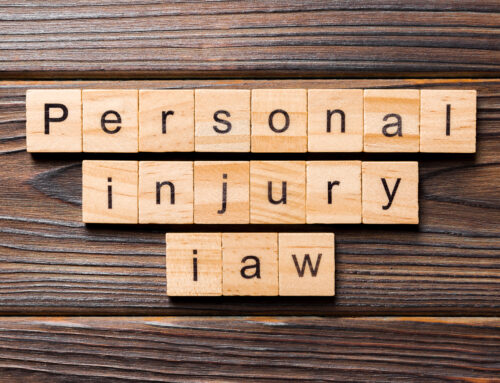Personal injury and workers’ compensation claims serve as avenues to financial recovery after suffering an injury. However, they differ in scope, application, and legal requirements. If you recently suffered an injury and think you may have a claim for compensation, consider the fundamental differences between the two and how they apply to the incident that led to your injuries.
What Constitutes a Personal Injury Claim?
In any state, personal injury refers to any harm caused by someone else’s negligence or wrongful conduct. The circumstances of that incident will impact the laws that govern the claim. In most cases, the injured person can recover damages through an insurance claim that settles without going to court. However, you also have the right to file a civil lawsuit against the at-fault party.
Common Examples of Personal Injury Cases
Most personal injury claims arise from car accidents. California follows a fault-based system for recovering losses after the crash. Therefore, if someone else is responsible for your accident, you would file a claim with their insurance. Other common types of personal injury cases include:
- Slip-and-fall accidents. If you slip and fall on someone’s residential or commercial property, the property owner could be liable for damages if they failed to warn you of or remove the hazard that caused your fall.
- Medical malpractice. Healthcare professionals and facilities are liable for negligence leading to the harm of a patient. Examples include birth injuries, misdiagnosis, failure to treat, and surgical errors.
- Dog bite accidents. Dog owners are nearly always liable for damages if their dogs attack others.
- Product liability. If you suffer an injury caused by a defective product, the manufacturer or distributor could be liable.
- Wrongful death. Any time an injury that would otherwise constitute a personal injury claim leads to the victim’s death, the surviving family can file a wrongful death claim in civil court to seek damages for their loss.
Cases involving a criminal wrong, such as assault, can also result in a personal injury claim. When you file an insurance claim or lawsuit against another party, you are responsible for providing the evidence necessary to prove fault and your losses. An experienced personal injury attorney knows where to look for evidence of negligence and damages.
How Is Workers’ Comp Different?
The main difference between a workers’ comp claim and a personal injury claim is the question of fault. All California employers must carry workers’ compensation insurance if they have one or more employees. In the event of an accident, you will receive compensation for medical care and lost income regardless of who is at fault.
Workers’ comp also protects the employer from liability claims. Therefore, you do not need to file a lawsuit against the employer to recover damages. As long as the accident occurred during the scope of your job, you can receive compensation for your financial losses and even ongoing disability benefits for injuries resulting in long-term disability.
What Compensation Can You Recover From a Personal Injury Claim?
The court refers to the losses associated with a personal injury claim as compensatory damages. If you can prove that the other party is responsible for the accident and your injuries, the law holds them liable for all economic and non-economic damages you incurred.
Economic Losses
Your economic losses reflect how the accident impacted you financially. This can vary significantly from case to case, but the most common examples of economic damages include:
- The cost of current and future medical care to treat your injuries
- The income lost due to missed work or loss of earning capacity
- The cost of repairing or replacing any property damaged during the accident
- Any replacement services, such as in-home assistance or childcare, needed during recovery
Proving these losses is relatively straightforward. You can use medical bills, pay stubs, tax returns, and other documents your attorney will help you collect and include with your demand package.
Non-Economic Losses
Non-economic losses are more often more complex. These cover the emotional and mental impact of your accident. Some common examples include:
- The physical pain and suffering you endured from your injuries and medical treatment
- Emotional distress
- Mental anguish, often manifesting as anxiety, depression, or post-traumatic stress
- The loss of your ability to enjoy life as you did before
Non-economic damages require the extra step of assigning monetary value. When you work with a personal injury attorney, they will ensure you receive adequate compensation for the psychological impact of your case.
When Should You Call a Personal Injury Attorney?
If you suffered injuries due to someone else’s negligence or ill intent, there is no time too soon to contact a personal injury attorney. Several factors can complicate these cases. When the financial and emotional stakes are so high, you want a professional on your side. Contact the Law Offices of Brent D. George to schedule your consultation and build a solid personal injury claim for compensation today.

